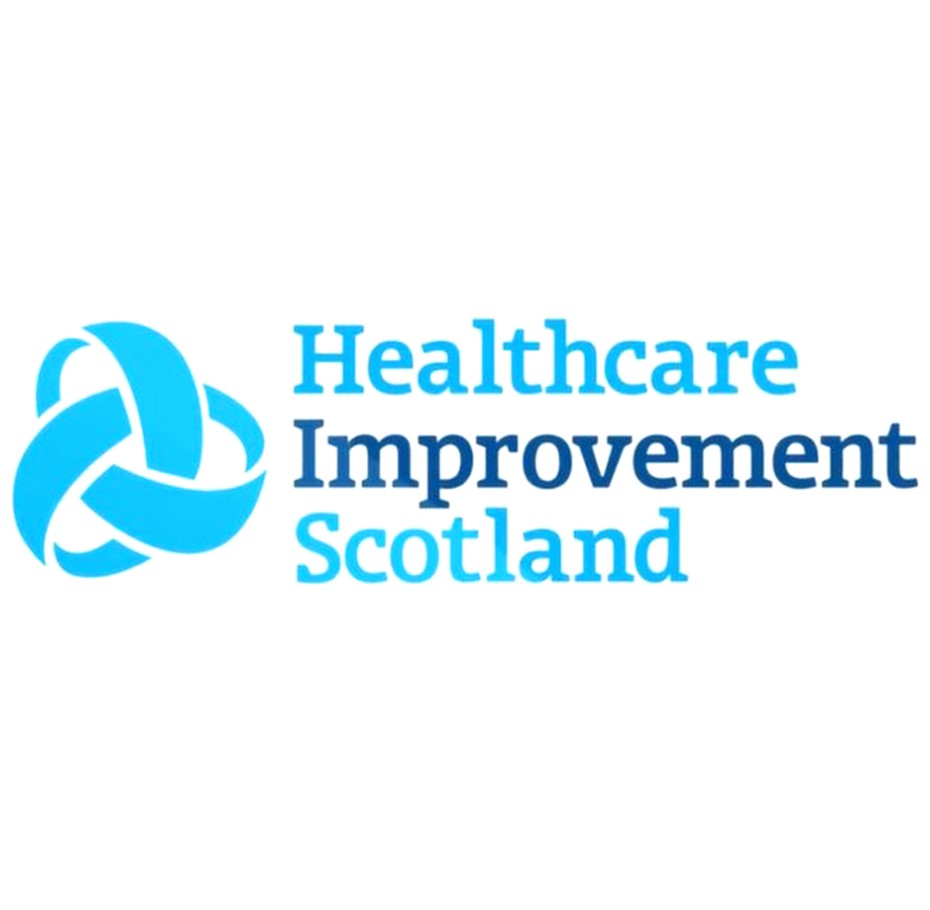Welcome to the Right Decision Service (RDS) newsletter for August 2024.
- Contingency planning for RDS outages
Following the recent RDS outages, Tactuum and the RDS team have been reviewing the learning from these incidents. We are committed to doing all we can to ensure a positive outcome by strengthening the RDS to make it fully robust and clinically resilient for the future.
We would like to invite you to a webinar on 26th September 3-4 pm on national and local contingency planning for future RDS outages. Tactuum and the RDS team will speak about our business continuity plans and the national contingency arrangements we are putting in place. This will also be a space to share local contingency plans, ideas and existing good practice. We would also like to gather your views on who we should send communications to in the event of future outages.
I have sent a meeting request for this date to all editors – please accept or decline to indicate attendance, and please forward on to relevant contacts. You can also contact Olivia.graham@nhs.scot directly to register your interest in participating.
2.National IV fluid prescribing calculator
This UK CA marked calculator is now live at https://righdecisions.scot.nhs.uk/ivfluids . It has been developed by a multiprofessional steering group of leads in IV fluids management, as part of the wider Modernising Patient Pathways Programme within the Centre for Sustainable Delivery. It aims to address a known cause of clinical error in hospital settings, and we hope it will be especially useful to the new junior doctors who started in August.
Please do spread the word about this new calculator and get in touch with any questions.
- New toolkits
The following toolkits are now live;
- Updated guidance on current and future Medical Device Regulations
We have updated and simplified this guidance within our standard operating procedures. We have clarified the guidance on how to determine whether an RDS tool is a medical device, and have provided an interactive powerpoint slideset to steer you through the process.
- Guide to six stages of RDS toolkit development
We have developed a guide to support editors and toolkit leads through the process of scoping, designing, delivering, quality assuring and implementing a new RDS toolkit. We hope this will help in project planning and in building shared understanding of responsibilities throughout the full development process. The guide emphasises that the project does not end with launch of the new toolkit. Implementation, communication and evaluation are ongoing activities throughout the lifetime of the toolkit.
- Training sessions for new editors (also serve as refresher sessions for existing editors) will take place on the following dates:
- Thursday 5 September 1-2 pm
- Wednesday 24 September 4-5 pm
- Friday 27 September 12-1 pm
To book a place, please contact Olivia.graham@nhs.scot, providing your name, organisation, job role, and level of experience with RDS editing (none, a little, moderate, extensive.)
7 Evaluation projects
Dr Stephen Biggart from NHS Lothian has kindly shared with us the results of a recent survey of use of the Edinburgh Royal Infirmary of Edinburgh Anaesthesia toolkit. This shows that the majority of consultants are using it weekly or monthly, mainly to access clinical protocols, with a secondary purpose being education and training purposes. They tend to find information by navigating by specialty rather than keyword searching, and had some useful recommendations for future development, such as access to quick reference guidance.
We’d really appreciate you sharing any other local evaluations of RDS in this way – it all helps to build the evidence base for impact.
If you have any questions about the content of this newsletter, please contact his.decisionsupport@nhs.scot If you would prefer not to receive future newsletters, please email Olivia.graham@nhs.scot and ask to be removed from the circulation list.
With kind regards
Right Decision Service team
Healthcare Improvement Scotland

